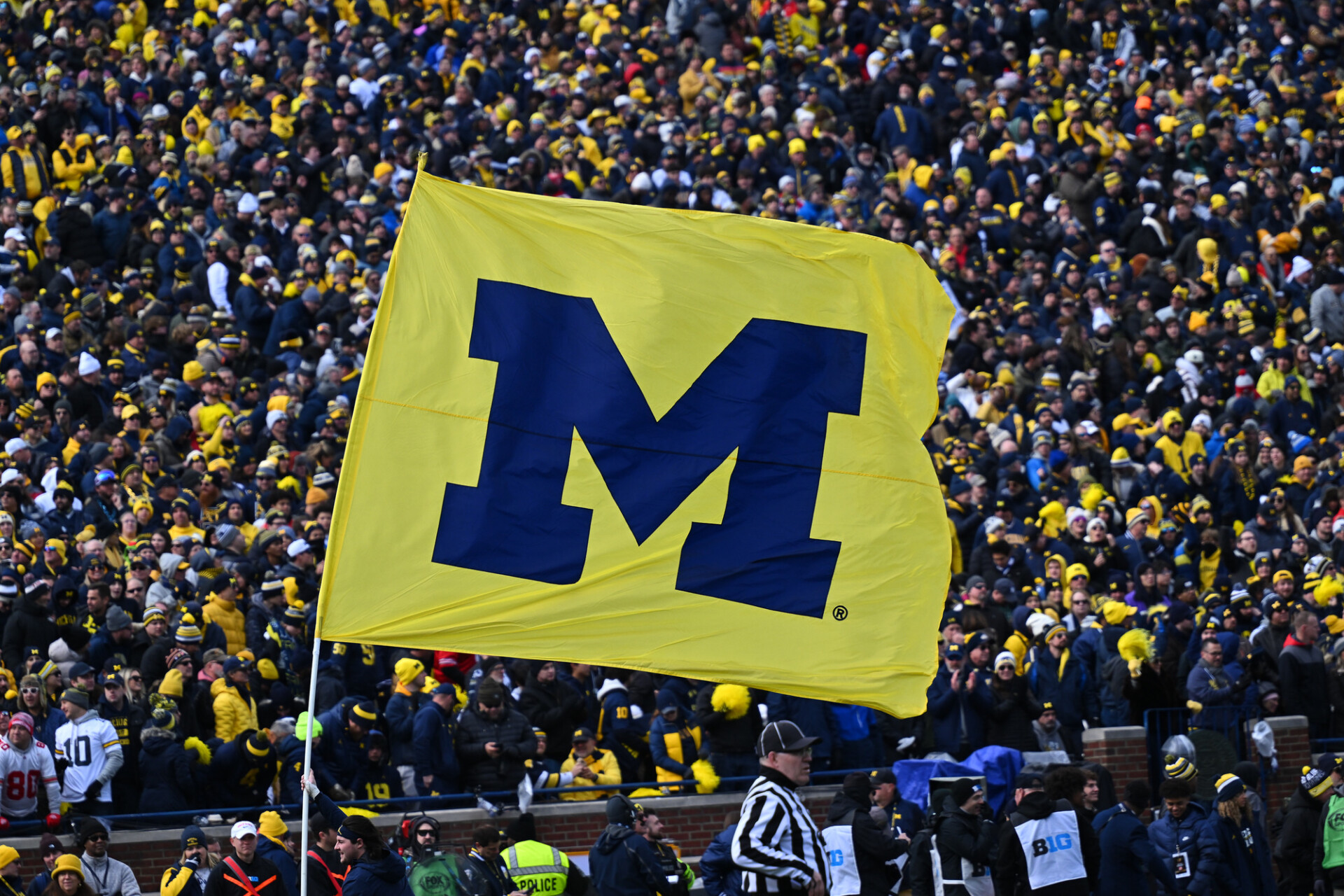This week, the New York Times published a 9,200-word exposé on the University of Michigan’s $250-million investment in DEI. It is a long-overdue vindication for those who have been following the spread of the new McCarthyism on American campuses.
The NYT investigation describes the disturbing degree to which DEI is embedded and concealed within the grinding gears of governance, operating as a kind of Deep State. At Michigan, Leftist administrators, who are even more progressive than the faculty, have devised a parallel faculty hiring system to hire DEI advocates, the Times says, and they run an alternate curriculum that is “taught not in classrooms but in dorms, disciplinary hearings and orientation programs”.
So what does the story tell us about the educated classes’ unhealthy fixation on microaggressions, pronouns, power and privilege? Is the trend line moving downward, as marked by the Times, a liberal bastion that committed months of resources to produce its devastating investigation of the toxic “culture of grievance” at the University of Michigan? Or is the trend line holding steady, as represented by Michigan, an elite institution of higher learning that has doubled down on its DEI commitment in a “sustained act of defiance” against the growing backlash to the excesses of diversity, equity and inclusion?
All across the United States, universities have been defunding DEI, issuing statements of institutional neutrality on divisive issues, and ending the practice of requiring job applicants to commit to diversity, equity and inclusion advocacy as a condition of employment. Parallel developments have taken place in the private sector, with a spate of corporate announcements from companies that are cutting back their DEI programmes.
Some take these developments as a sign that the fever is breaking, and that things are returning back to normal. But we would do well to take a more expansive view: DEI is a huge, entrenched, multi-billion-dollar industry subject to mini boom and bust cycles within a longer upward trajectory. The distinctive features of social justice culture — speech codes (misgendering), activist jargon (sex assigned at birth), the mainstreaming of once-taboo subjects (non-binary pronouns) and advocacy for progressive constituencies (DEI) — are reshaping the nation’s moral landscape. The institutionalisation of DEI is evident in the Equal Employer Opportunity Commission’s declaration this year that “misgendering” a colleague at the office can be a violation of the US Civil Rights Act.
With intersectional identity politics becoming ingrained in laws and institutions, Eric Kaufmann describes woke sensibilities as now occupying “the centre of our moral order”. And that’s likely to continue. According to his survey research, respondents overwhelmingly believe the United States should replace its national anthem to reflect equity and diversity, and Americans and Britons under 25 prioritise preventing “hate speech” over defending free speech by a two-to-one margin. Kaufmann makes a compelling case that this generation will carry its woke values forward when it assumes positions of power and authority in the coming decades.
DEI is built to last. The apparent fluctuations merely mark the change from one cause to the next: MeToo, BLM, trans rights, Palestine. The Times investigation describes the disturbing degree to which the practice is entrenched in our institutions, with DEI administrators involved in hiring faculty, shaping the curriculum, and even teaching their own alternate curriculum in dorms, orientations and disciplinary proceedings.
It’s obvious that the University of Michigan sees itself as the future, not a passing fad. We would do well to take its ambitions seriously.










Join the discussion
Join like minded readers that support our journalism by becoming a paid subscriber
To join the discussion in the comments, become a paid subscriber.
Join like minded readers that support our journalism, read unlimited articles and enjoy other subscriber-only benefits.
Subscribe